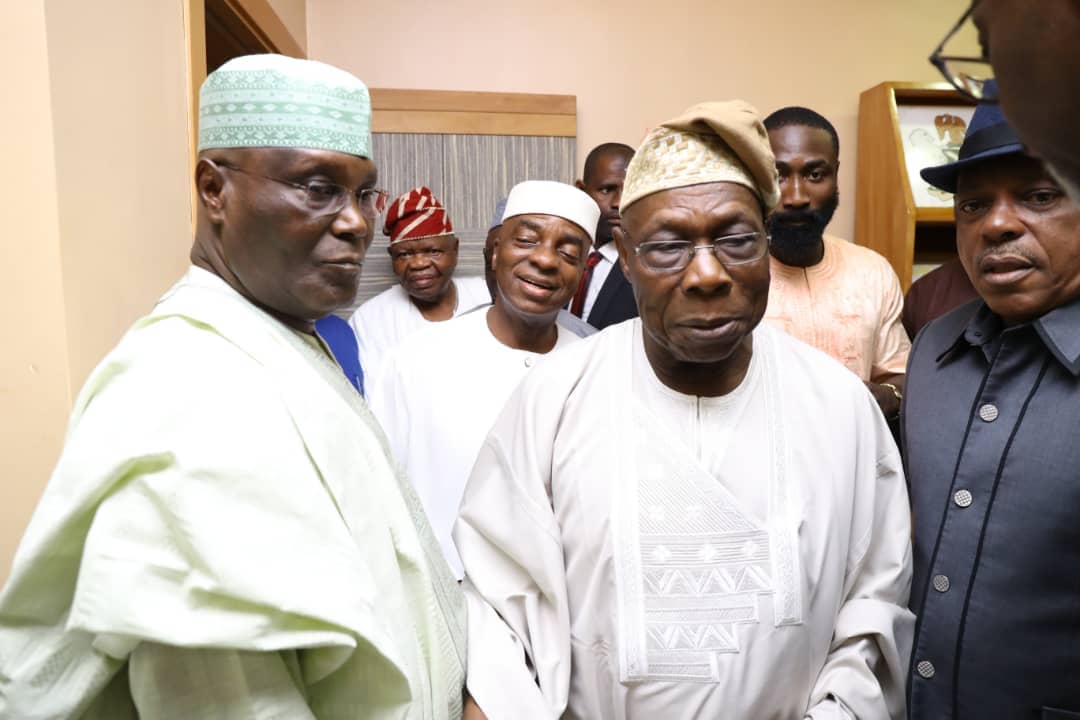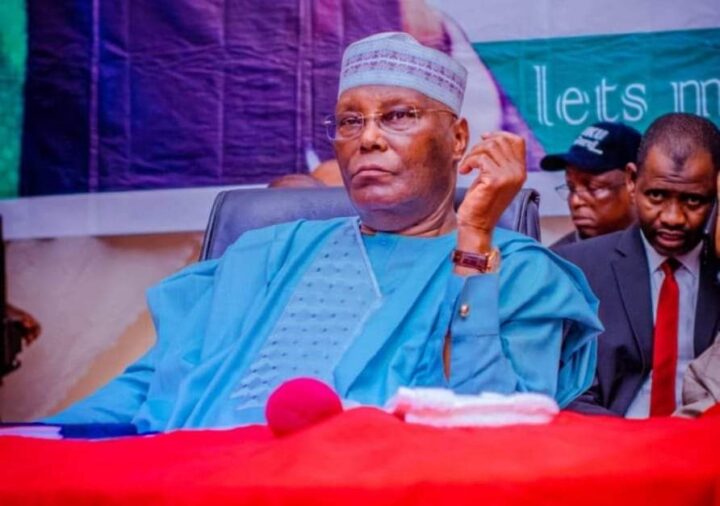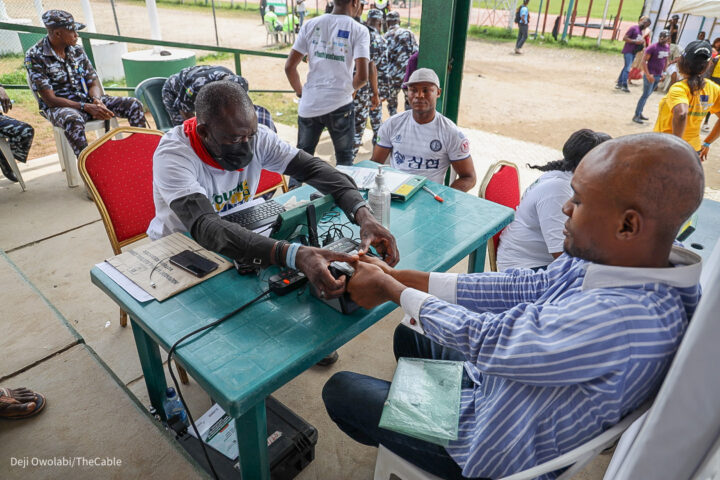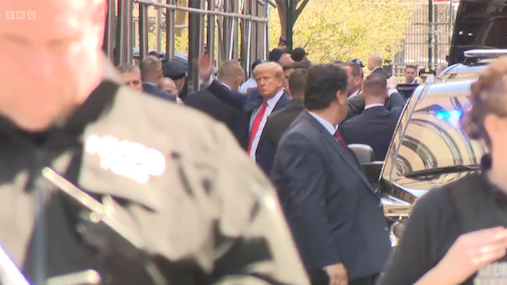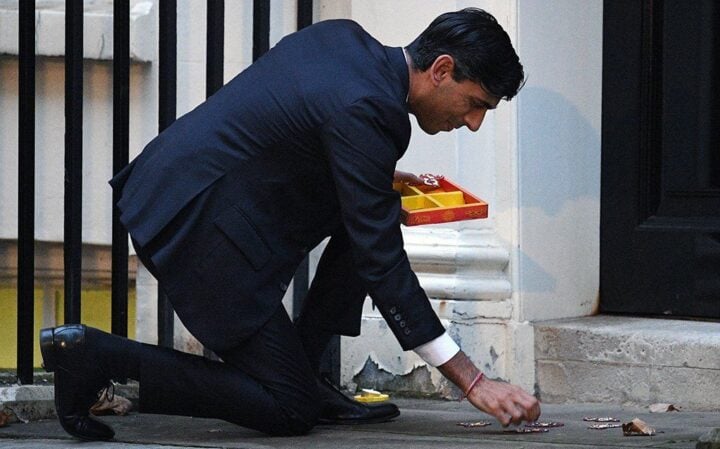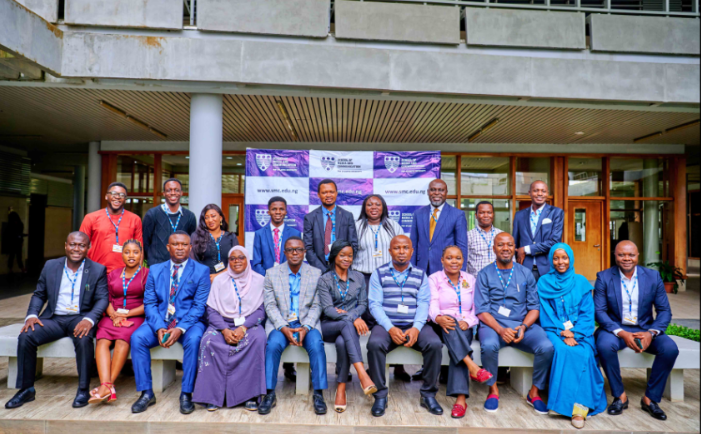As a graduate of Sociology both, at First, and Second degree levels, I need little or no lesson on the interconnectedness, the interrelatedness, and the interdependence of the various social institutions, especially the basic ones, on which the superstructure of every human society rests, Nigeria inclusive. From the Structural functionalists’ perspective, I am well aware of the overlapping functions they all play, at times, in making the society functional. A dysfunction in one could have a cancerous effect on the other, or even the entire system – the society. None can therefore exist or operate in isolation, according to this school of thought. Once a part is sick, the whole system is affected.
Talking about the social institutions, there are five of them that are basic, as I said earlier. They’re the educational, the economic, the religious, the Political/Legal, and the familial institutions. Whether a society is modern or primitive, rural or urban, industrial or agrarian, these institutions must be found in it. They, each, perform one role or the other to keep the society going as a systemic whole in a self-sustaining manner. The interrelatedness between some of them is so coterminous that, people could mistake the role of one for the other’s. According to the “History of the Church”, the State (political institution) and the Church (the religious institution) looked so inseparable that, the two almost became rolled-into-one. In the misty morning of the history, the state was interfering in the affairs of the church in a way that, the latter, was becoming more like an appendage to the former. But as time went on, the closeness became too cold for comfort, and it became expedient that the two be separated. And in some cases, religious authorities controlled the state, and that gave birth to what is known as “theocracy”, as we have it today in the Vatican City. But in order to protect the church from the State’s interference, there has to be a separation of the two institutions from each other. Even though, part of what they both is maintaining social order in the society, their guiding principles differ. While religion relies on religious injunctions, as contained in the scripture, the State makes use of a set of codes, popularly referred to as the constitution. It is the provisions therein that guide the State as it goes about the business of ensuring law and order. The Church, as it were, was, therefore, separated from the state, not without a genuine reason, especially in the aftermath of the period of enlightenment in the 18th century, in 1905 to be precise. It was to prevent undue interference in religious affairs by the State so that the scripture would not lose its essence.
This (the separation) happened, I believe, without those behind it, having in mind, the demagoguery of today’s Nigerian politicians, and the clergymen’s over-zealousness, and lust for things of this world, in mind. However, today, it is as though, they did it purposely because of the contemporary Nigerian situation. The path, the world had been able to avoid, over a century ago, for good reasons, is where religious and political elites in Nigeria are trying to follow today. Worse still, they incite one faith, one religious community against another, to score cheap political points, at the expense of “national unity”.
Politics is such a corrosive “phenomenon” that needs to be dealt with carefully. It is like “dining with the devil, which requires using a very long spoon” because it has the capacity to corrode the essence of being of anything that comes into contact with it. Let us go down the memory lane. First, it was the Traditional institution that came into contact with it. The moment it got in contact with the custodians of the people’s cultural heritage, their relevance began to wane – from the colonial, through to the post-colonial era.
Advertisement
Traditional rulers who were hitherto revered became subjects of disrespect. The traditional institution became emasculated so much that, we now hear stuff like, “the deposed Ọba, Emir, Eze, Sultan”, and what have you. His Royal Highness, Sanusi Lamido Sanusi, the immediate past Emir of Kano is one whose case is still very fresh in our memory. He was deposed and banished to a remote town in far away Nasarawa State by one of his supposed subjects, the outgoing Kano State Governor, Abdullahi Ganduje. The revered royal fathers became subjects of humiliation and even dehumanisation. Some were forced to even commit suicide. They no longer have the power to assert their influence on subjects within their suzerainty, unlike in the pre-colonial era, except for a few of them. In the post-colonial Nigeria, it’s getting worse by the day. That is the price the traditional institution has to pay for dabbling in politics, with the crown.
Now it is the turn of the clergymen. The religious institution is now being dragged in the mud like never before, simply because it is cavorting with the political class. The religious figures have not covered themselves in glory, as some of them offer their pulpits/”mimbars” for political campaigns, while some who engage in fortune-telling start predicting the results of elections, like they do, the popular “Baba Ìjẹ̀bú” betting scheme, where you predict correctly, the results of league matches, to win a jackpot. You see some of them, rather than preaching what the scripture says, and winning souls for salvation, as contained in their respective holy books, they go about making prophecies that end up not coming to pass. They predict election results, but outcomes are miles away from what they’ve told the public to expect.
The ill-fated fraternity between religion and politics, born out of demagoguery, would leave in its trail, a massive reputational, psychological, and even economic destruction for the clergies, if not halted henceforth. One of the most prominent clergymen in Nigeria has been languishing in detention alongside his wife for more than half a decade now. This is after scores of his followers, and biological children were killed by the security forces, through the monopoly of the State’s instrument of violence. It must also be pointed out that he’s been in custody against a court order that, he, be allowed to travel abroad to receive medical attention in respect of injuries he sustained during the invasion of his home and place of worship.
Advertisement
Another one who’d been a friend to certain political figures in the past, is now a frequent guest of the State’s Security Service, for saying on the pulpit, what would have negative impacts on their electoral fortunes in the just-concluded general election. Even though, it is stated in the book of Psalm, chapter 105, verse 15: “Do not touch my anointed and do my prophets no harm”, Nigerian politicians have been busy, doing violence to the image of the traditional institution. It was also reiterated in the book of Chronicle, chapter 16, verse 22. But unfortunately, Nigerian politicians have no regard for the rules. People who violate the provisions of the constitution they probably co-authored, and swear to defend, would never have honoured injunctions contained in one “ancient book” written by some people in far-flung places in the Middle East. And trust me, the political class has little or nothing to lose. They used (during electioneering) and dumped him afterward. Do not blame them because doing so is fair in their game. There is no permanent friend or foe; what they have is permanent interest. Once you no longer serve a purpose, they look elsewhere for an alternative, sacrificing you, if need be. They resort to quoting the scripture, only, when it favours them. The same how they fraternise with the clerics, when it would earn them cheap political points. “Dem nor dey look face”. They’re very ruthless, when it comes to decision-making. Religion being a very sensitive issue in Nigeria, is not supposed to be mixed with politics. Mixing the two would produce a very explosive result, the volatility of which could consume the entire nation.
Meanwhile, to the politicians, operating in the murky water of politics, this is fair, and just. They are at home with that kind of behaviour. It is like meeting, FC Barcelona at the Camp Nuo; Real Madrid at the Bernabéu; Liverpool at Anfield; or AC Milan at the San Siro stadium. It’s like fighting with a pig in the gutter. It surely has a “home advantage”, over its opponent. Therefore, the ill-advised, and ill-fated marriage between politics and religion in this religiously heterogeneous geopolitical setting called Nigeria is bound to leave in its trail, an apocalyptic cataclysm for those involved, whose statuses like those of the clergies, transcend election cycles. It would take a politician operating under the “Umbrella” today, nothing, to start wielding the “Broom” tomorrow instead of his umbrella, and vice versa, without any of his followers batting an eyelid. It is allowed. It is fair. Imams or pastors do not have that kind of luxury because they rarely defect.
From the foregoing, it is clear that the antagonistic co-operation between the political class and the religious elites will bear no good fruit, at least, for those religious leaders. This is owing to the fact that, they’re dispensable, and disposable, as far as the politicians are concerned. And that would do a massive reputational damage to our “Daddies in the Lord” and “Sheiks”. A word, like the saying goes, is enough for the wise. Nigeria, and indeed Africa, can make do without a religion-induced civil strife at this period when we should be pre-occupied with matters of socio-economic development.
Abubakar writes from Ilorin. He can be reached via 08051388285 or [email protected]
Advertisement
Views expressed by contributors are strictly personal and not of TheCable.
Add a comment

